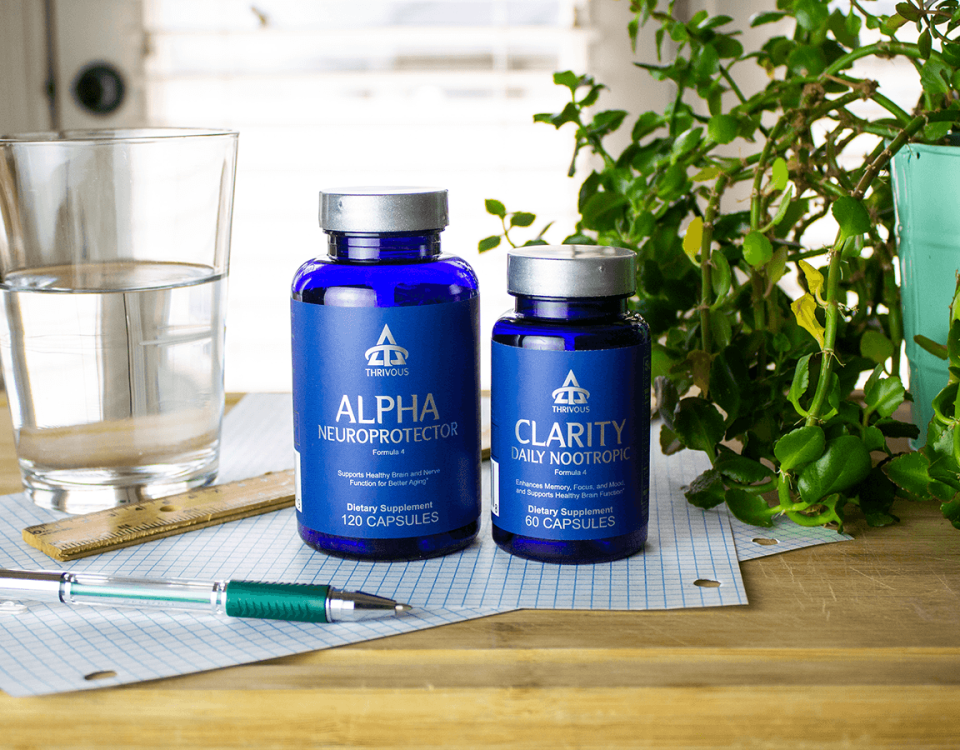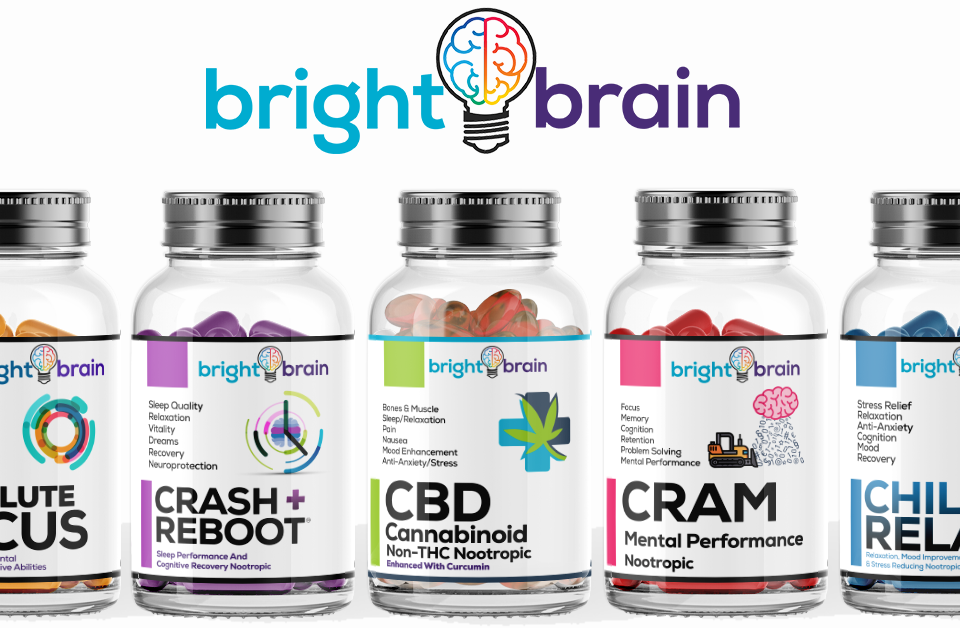Nootropics DHA (Omega 3)
Docosahexaenoic acid (DHA) is a type of omega-3 fatty acid that is essential for various physiological functions in the body, particularly in the brain and eyes. DHA is a crucial component of cell membranes, and it is especially abundant in the brain and retina. Here are some key aspects and potential benefits associated with DHA, emphasizing its relevance for cognitive health:
-
Brain Structure and Function:
- DHA is a major structural component of cell membranes in the brain. It is especially concentrated in the synapses, where nerve cells communicate. Adequate DHA levels are essential for maintaining the fluidity and integrity of cell membranes, which is critical for optimal brain function.
-
Neurotransmitter Function:
- DHA influences the activity of neurotransmitters, which are chemical messengers that facilitate communication between nerve cells. This includes neurotransmitters like serotonin and dopamine, which play roles in mood regulation and cognitive function.
-
Cognitive Development:
- DHA is crucial for brain development, particularly during pregnancy and early childhood. It is a key component of the fetal brain and is important for the development of cognitive functions, including memory and attention.
-
Cognitive Aging and Decline:
- Some research suggests that higher levels of omega-3 fatty acids, including DHA, may be associated with a reduced risk of cognitive decline and age-related cognitive disorders. DHA's anti-inflammatory and neuroprotective properties may contribute to its potential benefits in preserving cognitive function.
-
Anti-Inflammatory Effects:
- DHA has anti-inflammatory properties that may help mitigate inflammation in the brain. Chronic inflammation is associated with various neurodegenerative conditions, and reducing inflammation may support cognitive health.
-
Neuroprotective Properties:
- DHA has been studied for its neuroprotective effects, potentially helping to protect neurons from oxidative stress and damage. This may have implications for conditions such as Alzheimer's disease and other neurodegenerative disorders.
-
Improved Mood and Mental Health:
- Some studies suggest that omega-3 fatty acids, including DHA, may have mood-enhancing effects and could be beneficial for individuals with depression or anxiety. The exact mechanisms are still under investigation.
-
Vision Health:
- DHA is also important for vision health, particularly in the retina. It is a major component of the photoreceptor cells in the eyes, contributing to visual acuity and function.
-
Cardiovascular Health:
- In addition to its cognitive benefits, DHA is known for its positive effects on cardiovascular health. It helps maintain healthy blood vessels and may contribute to overall circulatory well-being, ensuring adequate blood flow to the brain.
It's important to obtain sufficient DHA through the diet, and good dietary sources include fatty fish (such as salmon, mackerel, and sardines), fish oil supplements, and certain algae-based supplements. For individuals who have difficulty obtaining enough DHA through diet alone, supplementation may be considered, especially during key developmental stages or in specific health conditions. As with any dietary supplement, it's advisable to consult with a healthcare professional to determine the appropriate dosage and ensure it aligns with individual health needs.






